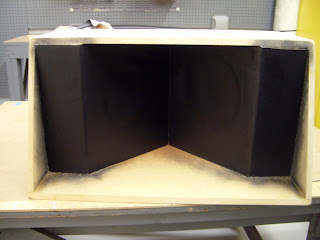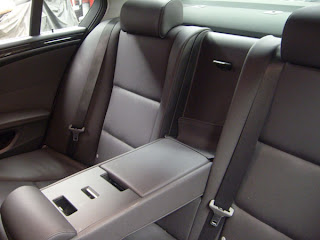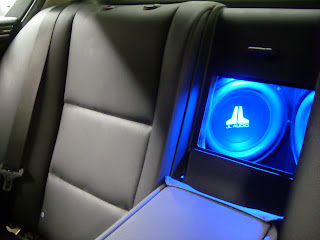Building a subwoofer starts with the right driver and enclosure selection. Be careful to not buy into the many myths about subwoofers that are propagated by those with limited experience or who have arrived at fixed ideas based on exposure to poor execution, or by someone who is just repeating what they read on the Internet.
One myth is that you can have it all. Hoffman’s Iron Law dictates that between a compact enclosure displacement, low frequency extension and high sensitivity you can have any two of the three. The work of every legitimate speaker engineer clearly supports Hoffman’s Iron Law.
And nothing is more misleading than a woofer manufacturer that claims their S.P.L. (sound pressure level) woofer is also an SQ (sound quality) woofer. A singular design focus results in a trade-off in some other performance parameter.
Another myth is that the largest woofer always wins. Generally, greater surface area rules. However, the enclosure has a large say in the matter. While surface area may dictate peak output, past a certain point the enclosure has more to do with the low frequency extension.
Choosing the right woofer and enclosure combination is much like choosing the prop for your boat or differential for your car. A great hole shot means less top end. And greater cruising efficiency translates to sluggish acceleration. An SPL woofer is an exercise in a singular objective, while a SQ woofer is an exercise in precision and balance. One delivers more energy over a narrower bandwidth and the other delivers less peak output but a more linear output over a wider bandwidth.
It begins with selecting the objectives that best suit you and then knowing how to best achieve those objectives.
David
Earmark Car Audiowww.earmarkcaraudio.com

















































